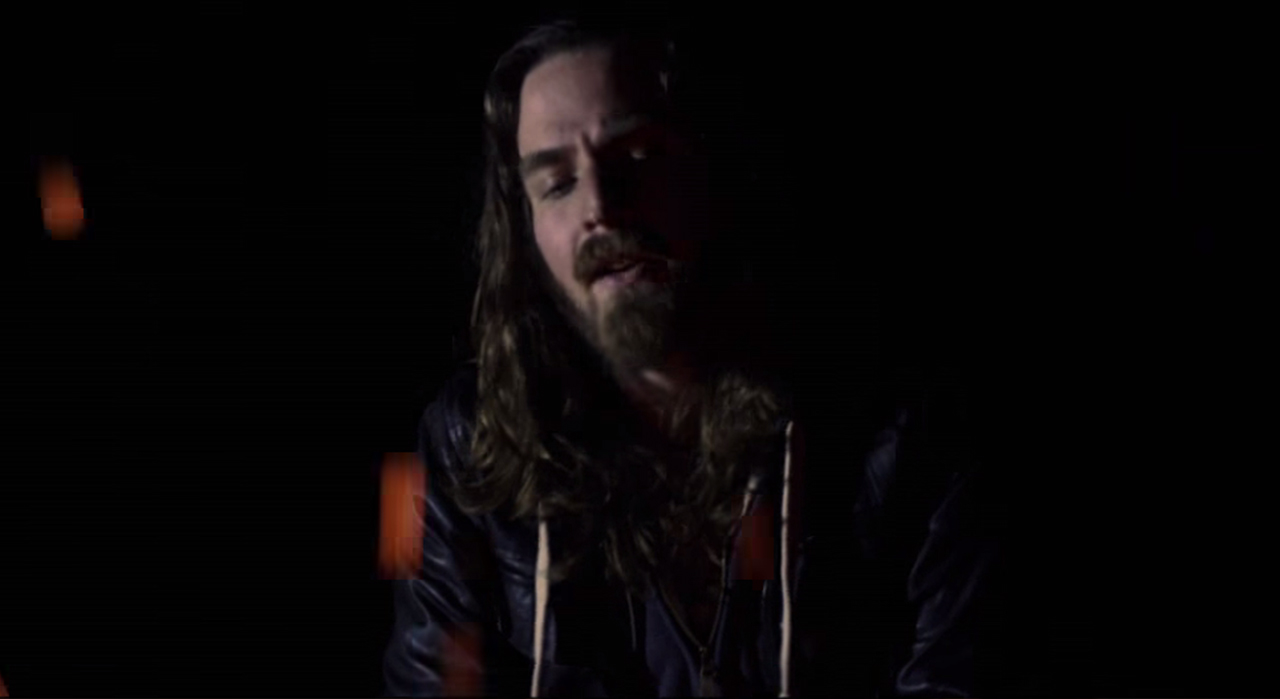Caligula was a very confused man. I should know, I got an 88 in Ancient History for my HSC, my biggest score of the lot. One of the confused things he did was name his horse, Incitatus, as a senator. That’s why this band is called Caligula’s Horse. See? That nice little bit of history has come around full circle, because, uh, Caligula’s Horse’s new album Bloom is a little bit confused itself.

Brisbane’s progressive rock mainstays Caligula’s Horse are back with their latest album Bloom.
“Progressive alternative rock” is how the Brisbane-based band style themselves, although whether that label is an accurate or a rough description is hard to decide. As the album unfolds, Caligula’s Horse goes from an alternative take on progressive metal (although not alternative in the alternative rock way) that features some light connection between just good ol’ hard Aussie rocking and the likes of Rush and Dream Theater, to an obviously Opeth-inspired bleak and finely machined progressive rock that takes notes from progressive metal.
Then there is the lead single, Firelight, which doesn’t really fit in either category. In fact, Firelight is the track that best fits the self-description, as it ducks and weaves in an interesting space between the domains of Cold Chisel and Toto together with a heavy element of prog.
The incredibly radio-friendly beginning, with its searching riff, soon takes its first turn as it morphs (via a jumpy bass, playing as if the band’s van was driving over an uncomfortably bumpy country road) into a undeniably progressive rock song. The catchy chorus, as well as the smooth fireworks of the eager lead guitarist Zac Greensill, u-turn this song back towards hard rock.
Holding back Firelight, and indeed most of the album, is the singing. While vocalist Jim Grey certainly has mastered the eternal fight between voice box, lungs, and testicles, his singing while being impressive throughout the whole album, in places seems bung off and detrimental to the song.
The feeling of offness can’t just be attributed to Grey’s vocals alone, as the album bounds between fantastical softness (Daughter of the Mountain, Undergrowth) to Slipknot-levels of caustic hardness (Rust). The dancing between these two, and other genres and inspirations described above, rarely manage to believably connect. The album’s best two songs – other than Firelight: Rust and Undergrowth – are so because they stick to one area rather flit about randomly between moods and genres.
Bloom isn’t a barren album though; far from it. There’s exciting flourishes, as one might expect from a progressive band, throughout, such as Turntail’s orgasmic opening riff that sounds something like a crossover between Matchbox Twenty and Steve Vai and the Disney animation feel of a Dragonfly.
For all of its good qualities, Bloom is unfortunately let down more than once by Caligula’s Horse’s tendency to lose focus on song progression and song writing. The band, to its credit, is aggressively seeking new musical ground, but until they tighten up their execution on what they already have, their music will continue to sound like frustrating unmet potential.



